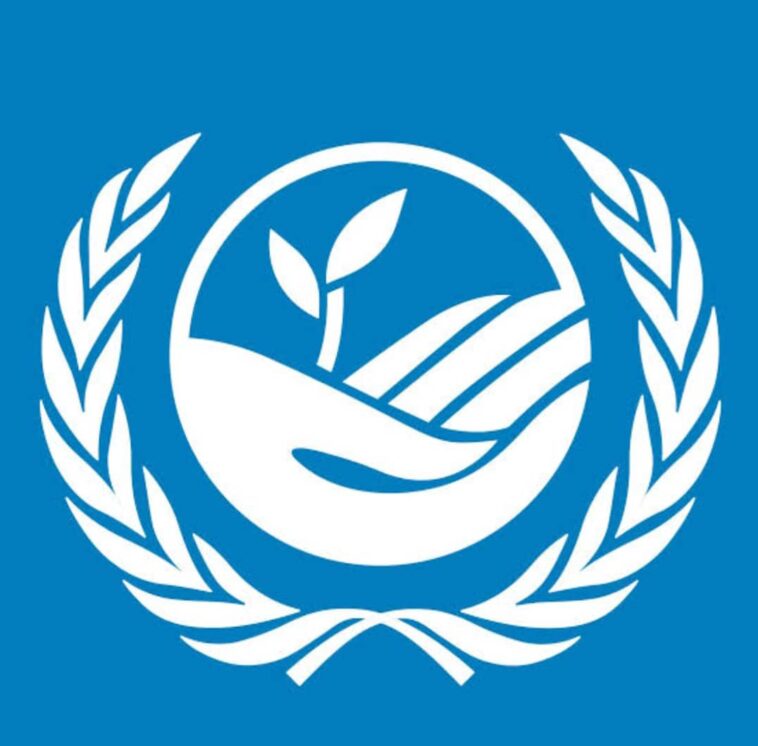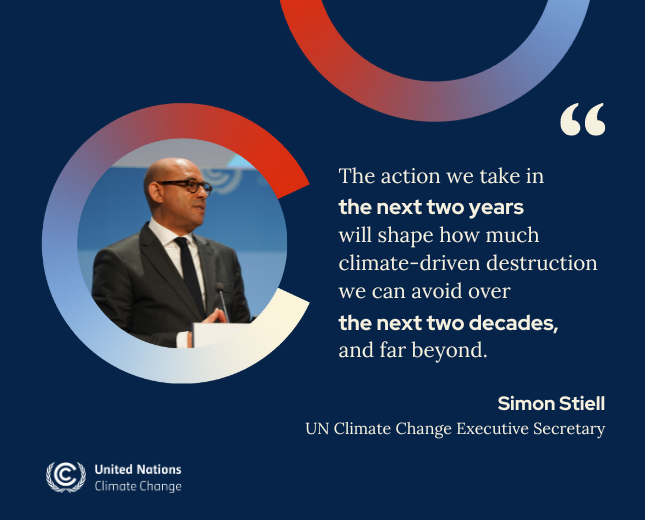Accelerating progress to restore 1.5 billion hectares of degraded land around the world and jumpstarting a trillion-dollar land restoration economy will be the focus of this year’s Desertification and Drought Day on 17 June.
The theme of Desertification and Drought Day 2025 is “Restore the Land, Unlock the Opportunities”, underscoring multiple benefits linked to land restoration.
The Executive Secretary of the United Nations Convention to Combat Desertification (UNCCD), Ibrahim Thiaw, described , Land degradation and drought as major disruptors of economies, stability, food production, water and quality of life.
“They amplify climate change, biodiversity loss, poverty, forced migration and conflicts over access to fertile land and water. Land restoration is an opportunity to turn the tide on these alarming trends. A restored land is a land of endless opportunities. It’s time to unlock them now.” He said.
Reasons for Desertification And Drought Day 2025 Theme
According to the Executive Secretary, Healthy land underpins thriving economies, with over half of global GDP dependent on nature.
He lamented the depletion of the natural capital at an alarming rate
some 1 million km2 of healthy and productive lands, equivalent to the size of Egypt, are becoming degraded every year. He said.
Thiaw said the world must accelerate efforts to turn the tide of land degradation into large-scale restoration as the United Nations Decade on Ecosystem Restoration 2021-2030 marks its halfway point,
He explained that if current trends continue, the world will need to restore 1.5 billion hectares of land by 2030 to achieve a land-degradation neutral world.
To date, one billion hectares of degraded land has been pledged for restoration through voluntary commitments, such as the G20 Global Land Restoration Initiative hosted by UNCCD.
The UNCCD Executive Secretary said Breathing life back into land yields multiple benefits for people and nature.
Need To Scale Up Investment
He said that every dollar invested in restoring degraded lands brings between US$ 7-30 in economic returns. But despite a strong investment case, land restoration is not happening at the scale and pace that are so urgently needed.
According to the latest financial needs assessment by UNCCD’s Global Mechanism, the world needs US$ 1 billion daily to combat desertification, land degradation and drought between 2025 and 2030.
Current investments in land restoration and drought resilience stand at US$ 66 billion annually, with the private sector contributing just six per cent.
He advocated for the need to by both governments and businesses to scale up ambition and investment.
The Executive Secretary said that while the benefits of restoration far outweigh the costs, initial investments in the magnitude of billions are needed.
We need to unlock new sources of finance, create decent land-based jobs and fast-track innovations while making the most of traditional knowledge,” Ibrahim Thiaw concluded.
About Desertification and Drought Day
Desertification and Drought Day, is marked annually on 17 June.
Officially declared by The United Nations General Assembly in 1994 (A/RES/49/115), it is a unique occasion to highlight practical solutions to combating desertification, land degradation and drought.
The theme of Desertification and Drought Day 2025 is “Restore the Land, Unlock the Opportunities”, underscoring multiple benefits linked to land restoration. Countries and communities around the world organize activities to mark the Day.
Previous global Desertification and Drought Day celebrations took place in Germany (2024), USA (2023), Spain (2022), Costa Rica (2021), Republic of Korea (2020), Türkiye (2019), Ecuador (2018) and Burkina Faso (2017).
About UNCCD
The United Nations Convention to Combat Desertification (UNCCD) is the global vision and voice for land.
UNCCD unites governments, scientists, policymakers, private sector and communities around a shared vision and global action to restore and manage the world’s land for the sustainability of humanity and the planet.
Much more than an international treaty signed by 197 parties, UNCCD is a multilateral commitment to mitigating today’s impacts of land degradation and advancing tomorrow’s land stewardship in order to provide food, water, shelter and economic opportunity to all people in an equitable and inclusive manner.




